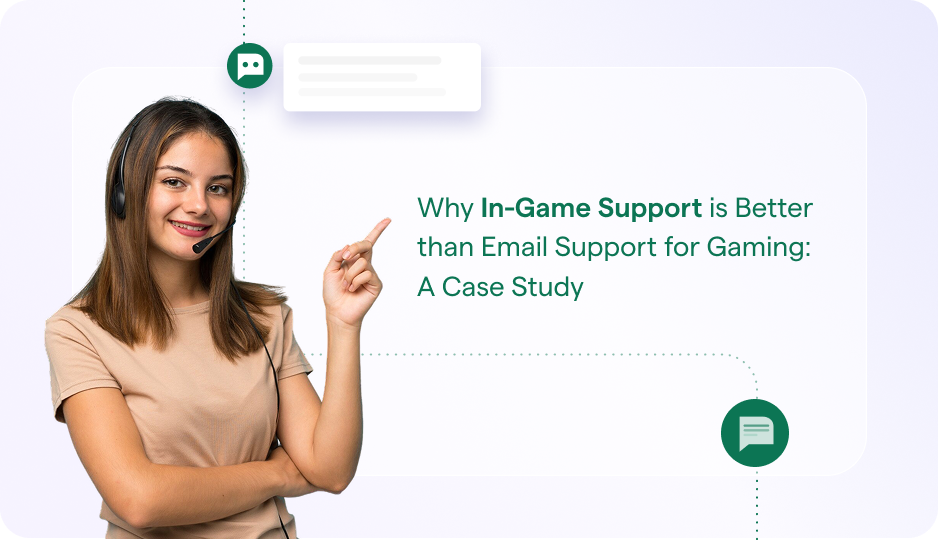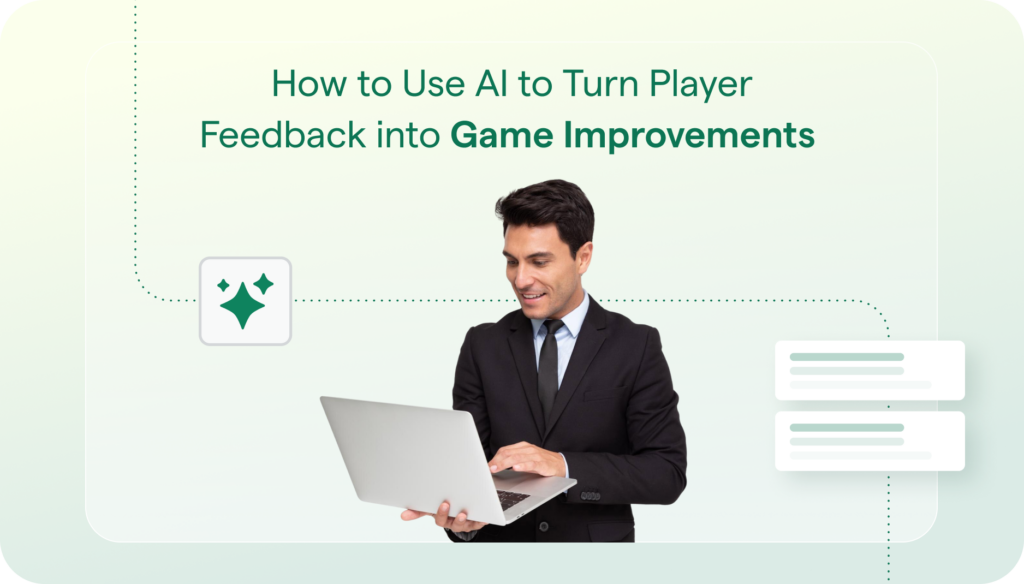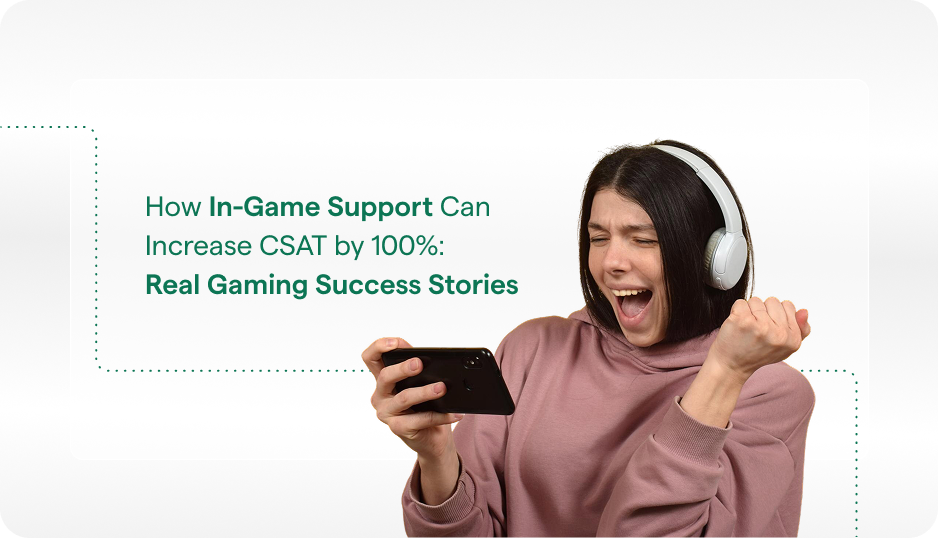Phil Black has been of the most seminal members of Helpshift since its very inception. As a founder of True Ventures, he has not only invested in us, but also in hundreds of other incredibly successful, fascinating startups. We sat down at the True offices in San Francisco, to chat with him about how he chooses companies to invest in, where he hopes Helpshift will go, and what he’s doing to provide for the next generation of founders.
HS: You say you invest in people not products. Can you tell me what this means and how you execute on it?
Phil Black: There are two really core elements that need to be in place before we make an investment. The number one thing to us is the founder or founders, and whether they have this really visceral belief about building something– and more often than not, because we get involved so early, they’re building something from nothing. We ask, do they have that special “it” factor, will they stick with it for 5, 7, 9 years, to really build a lasting company.
HS: How can you tell if they have that it factor?
PB: Good question. Part of it is how they talk about it. You get into the why: why you are starting this business. It’s rare to be told by a founder “all I want to do is get a minimum viable product and then sell out as quickly as I can.” That tends not to be a good strategy for long-term institutional capital.
That said, oftentimes things do happen along the way, where a large corporate company comes and buys you out early or things don’t quite work out so you have to go to plan B or C, but I think in general we’re just trying to make sure that our visions are aligned. Our whole reason for being an investor is to invest in the seed and early rounds of capital behind really great founders who are going after a really great company in a relatively new market. And that, by mathematical definition, has a 5-9 year horizon. And if that’s in alignment with the founder vision, that’s really what we’re seeking in the very first check that we write. The people element to our investment decision is paramount because that’s who you’re betting on.
“Relatively early on, we recognized that founders are innately generous with their time with other founders.”
The other part that’s super important to us is the market opportunity that they’re going after. We refer to this idea of the blue ocean vs the red ocean. The idea is that the blue ocean is a market that expands upon your entry into it. And the red ocean market is very competitive and very bloody and your success is dependent on someone else’s demise. That metaphor as it applies to Helpshift was really crystal clear to me as Abinash [Tripathy, Helpshift CEO] and I were talking about his product idea. The very first time we talked, Abinash talked about a customer support system that felt very much like it would be competitive with ZenDesk, FreshDesk, and Desk (which I had been on the board of when it was Assistly). And it’s not like these guys had the be all end all product, but those were already established companies going after that segment of the market. It just wasn’t very interesting to us. But I remember very clearly, where we had this conversation where I said that’s not something we’re interested in investing in, but then I said, what about a company that’s going after the emerging in-app ecosystem, now that could be interesting. Because the supposition is that the red ocean market is traditional desktop or cloud based solutions that are oriented towards computers. If you’re talking about a completely new market opportunity–in-app customer support– then that’s the blue ocean, because there are no other existing systems. Everyone will just say “oh I’ll port my system or do a link or whatever else”. This is vastly inferior to Helpshift. That was the key when we started investing; it was just a slight shift, but that shift made all the difference in the world to us as an investor in the beginning.
And I will say that Abinash and the team have just executed brilliantly on that strategy. Here we are four or five years later and we are a dominant provider of in-app customer support. Which is, admittedly, a smaller market than desktop, but it’s growing much more rapidly. There’s more long-term potential.
HS: You’ve established numerous community programs at True Ventures, such as the intern program (from which Helpshift has benefited for several years). What other community programs do you do, and why?
PB: Today, after 10 or so years of being in business we have probably over 240 active founders in our portfolio. And relatively early on, we recognized that founders are innately generous with their time with other founders. They advise people, they listen to pitches, they make suggestions about who you should talk to– there’s just this camaraderie. And I believe that we’ve done a really wonderful job at True of harnessing that element and making a founder-oriented community. We spend a lot of our time and money on things that can help make the founders more successful. So our first community event was our founder camp. Our first one was 2007 or 2008, and it was just an unbelievable success. The founders were thrilled: they came, they participated, and all the feedback was “more of this”. So we made that a staple of what we do.
But then we said ok, let’s go one layer below that, because most of the startups are being founded by people who have never worked in large companies, they don’t necessarily have the training or management processes in place that they would’ve had with more corporate experience. So we said what can we do to help these VPs and directors and individual contributors at our various companies. And that was the idea for True University, which is now a once a year event in June. It’s about 350 people who attend around 35 talks. And we spend a lot of time thinking about the various issues that employees are seeing, and how we can help them spread some of those best practices around. So there are sessions on demand gen, on culture, on HR, on everything.
“Apps are still in relative infancy. It was June of 2007 when the first iPhone was released, and not until October of 2008 for the Android so we’ve really only had this ecosystem for 8 or 9 years.”
And then in 2009 we started doing the TEC internship program, which stands for True Entrepreneurship Corps. That was started as a direct result of the huge financial crisis of ‘08 and ‘09. I had just listened to President Obama give his inauguration speech, and then we came to the partner meeting, and had just closed on a brand new $213 million fund. While we had all this capital, the financial landscape was decimated, and there was no liquidity in the marketplace. These were some dark days. So I was in our partner meeting, and I said “We should do something that will help that next generation of founders”. We wanted our current founders to benefit, but we also wanted to help that next generation. So the program is for rising juniors and seniors, and we place them at a company for four and a half days a week. The other half day they spend with us, learning venture capital. It’s usually fourteen or so students per summer. That’s been a wildly successful program for us. Helpshift has had an intern for the last two or three years.
And the final piece of this community collaboration thing is that we have a relatively new fellowship program for just graduated seniors from University, and we call it the Priya Haji Fellowship, after a woman we had invested in but who passed away unexpectedly. The goal of the fellowship is to honor women in the ecosystem and the tech world. It is targeted to women, but is open to both men and women, and this year we have four or five fellows coming in starting in September. It’s a nine month program, where we place them with one of our portfolio companies. So that’s a relatively new program, but it’s one of many attempts we’re doing to try and increase the percentage of women in the tech and startup world. It’s early days, but we’ve gotten some good feedback and have high hopes.
HS: As an early investor in Assistly (now Desk.com) and Helpshift, do you have a background in customer support systems?
PB: True Ventures doesn’t really have partners who are experts in particular markets per se–we are very big proponents of working with the founders and understanding their vision.
That said, customer support is a big, big, big market with billions of dollars being spent on it. But again you’re trying to find those blue ocean pockets that are not already dominated by some sort of incumbent. We as an early stage investor are looking for a company that really can become that market share leader even if it’s a niche market in the beginning.
We’re this incumbent leader, and there are some seminal moments happening in the market right now which might indicate “hey, this is the way to go”. Uber of course just launched their in-app support– but they have the resources and wherewithal to do it themselves. Helpshift gives that same level of care to companies who can’t do it themselves.
Apps are still in relative infancy. It was June of 2007 when the first iPhone was released, and not until October of 2008 for the Android so we’ve really only had this ecosystem for 8 or 9 years. And most people who have apps and are using them– that’s happened within the last 2-4 years. So the big market opportunity for Helpshift is still well in front of them.
HS: What would be your ideal vision, as an investor, for Helpshift.
PB: 5 years from now, I’d like to see it be a public company. Not every investment that venture firms make has the ability to be a public company, but Helpshift absolutely has it. I say that because of the underlying tech, the market opportunity, the people, and the revenue trajectory– all those things are in place where you want them to be in year four for an IPO in year 7, or whatever year.
The part about venture investing is that over 90% of all returns are created through trade sales. But there is that 10%, that real cream of the crop, and I think Helpshift is one of those.



